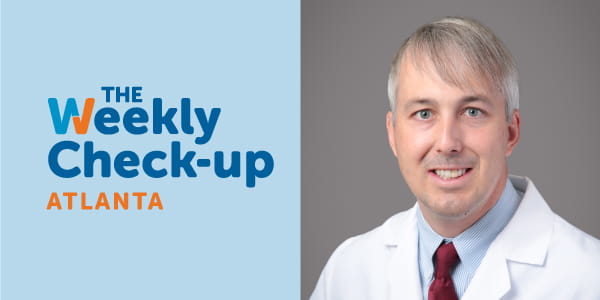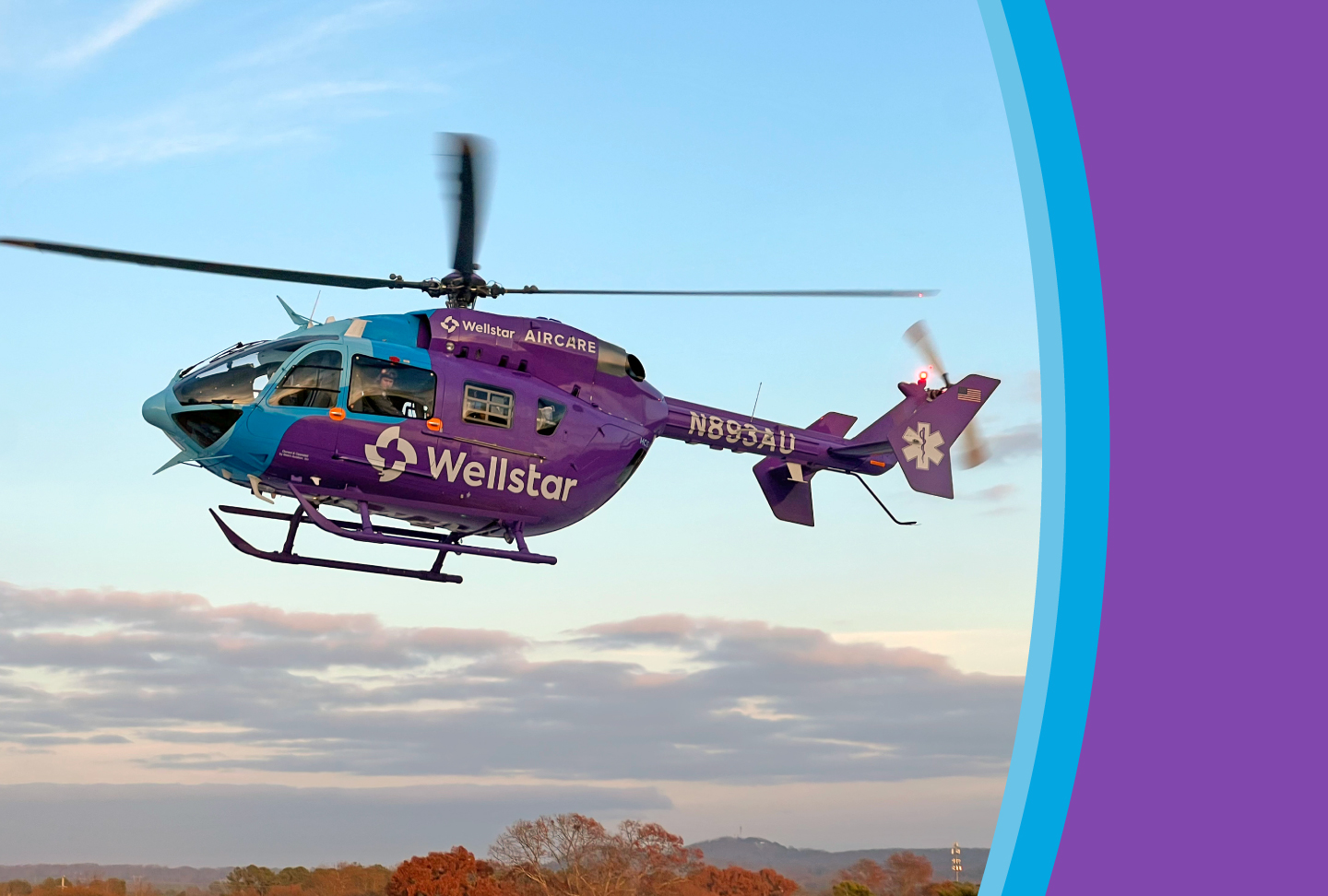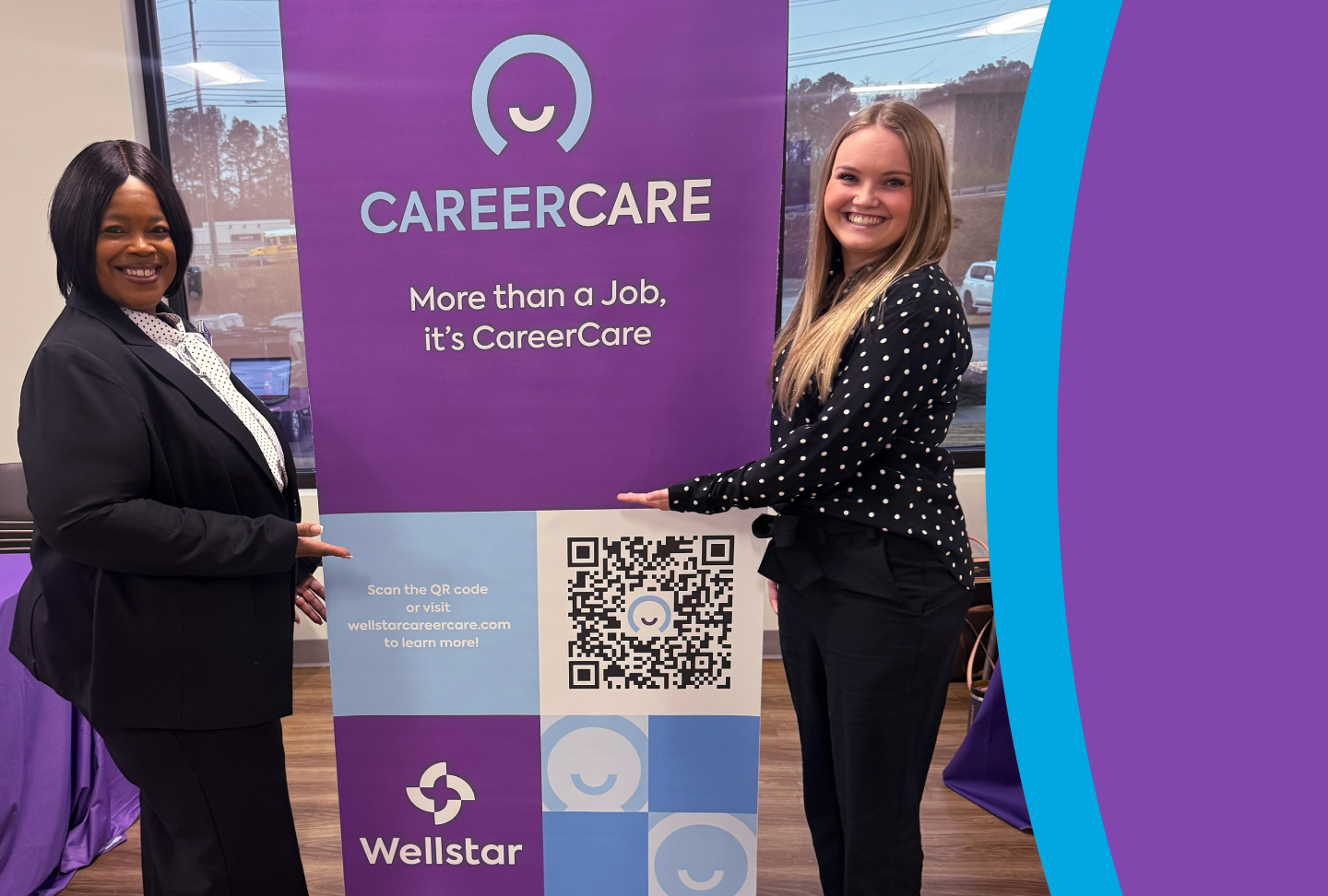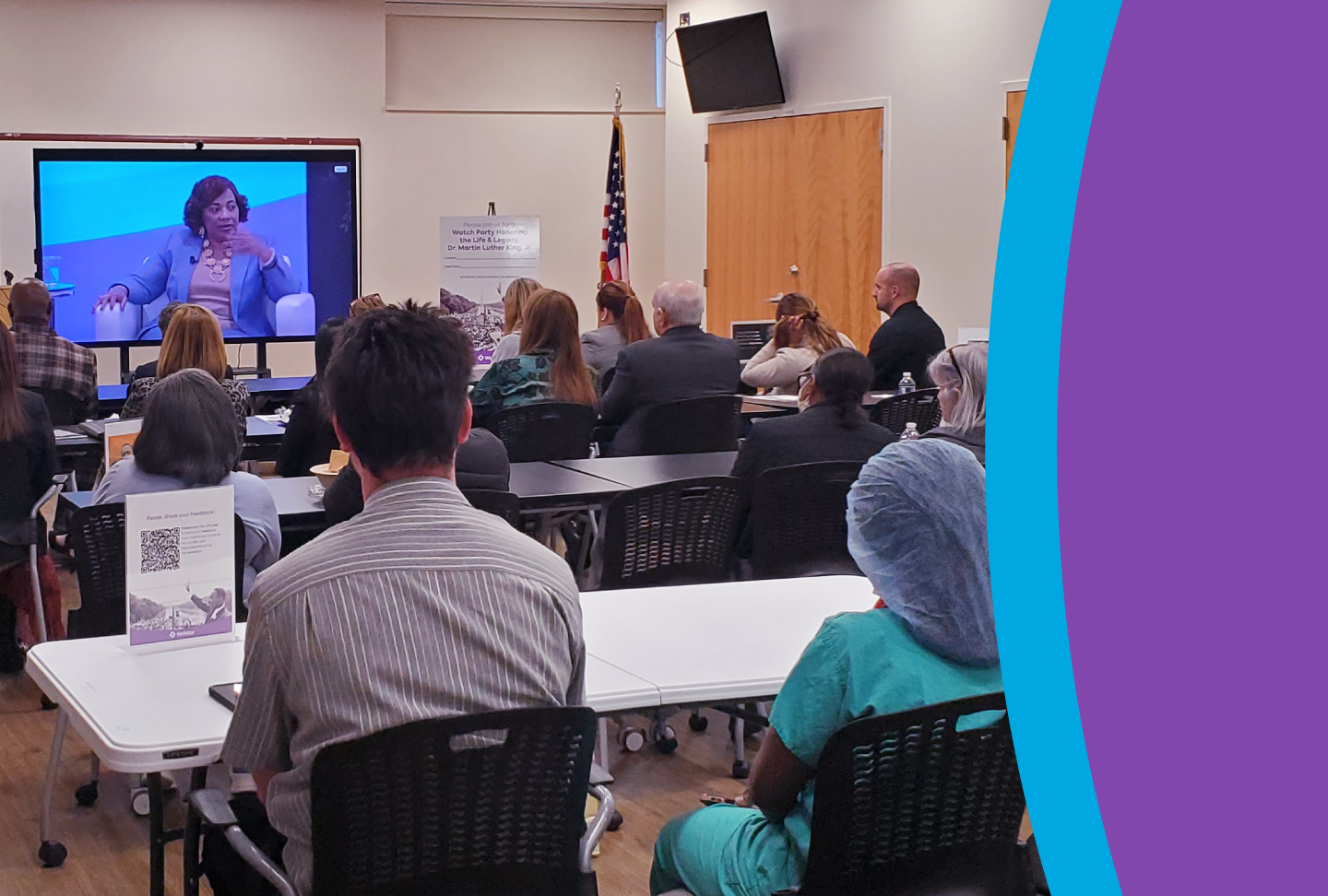
No two hearts are alike, as Wellstar Interventional Cardiologist Dr. Frank Corrigan told listeners on 95.5 WSB’s The Weekly Check-up with Bruce Feinberg, DO. During the show, Drs. Corrigan and Feinberg answered questions about the latest heart diagnostics and treatments, and described how personalized heart health has added benefits for patients. From checkups with your primary care physician to targeted cardiac testing conducted by cardiac specialists, heart risk assessments are becoming more advanced. Dr. Corrigan discussed how tests like CT angiography and calcium scores provide personalized views of a patient’s risk factors for heart disease, the advances in minimally invasive procedures to diagnose and treat heart conditions, and the important role of cardiac rehabilitation. “What fascinates me is how we can understand who’s at risk on a personal level,” said Dr. Corrigan. “We treat those risk factors to try to prevent many of the things that can happen from cardiovascular disease.”
Personalized cardiac risk assessment and diagnosis
Many people are familiar with two basic heart assessments: the electrocardiogram, also called an EKG and ECG, and a stress test.- An EKG is a painless test that records the heart’s electrical activity.
- A stress test monitors a patient’s blood pressure, breathing and heart rate while the patient walks on a treadmill or rides a stationary bike.
Heart care with minimally invasive treatments
Dr. Corrigan explained that heart care is now subspecialized. Some cardiologists specialize in heart failure, while others focus on heart rhythm management—they’re electrophysiologists, or the “electricians” of cardiology. His specialty, interventional cardiology, or “the plumbers,” cares for people with blockages in their arteries. In the past, most patients didn’t know they had a heart issue until they had an emergency cardiac event. Now, we have improved risk assessments, medical and family history evaluations and minimally invasive procedures. Physicians can diagnose and treat heart conditions before they advance. Cardiac catheterization is one procedure that is part of more personalized heart care. A thin tube is inserted into an artery in the wrist or groin. Then, it is threaded through the blood vessel until it reaches the heart. A contrast dye makes blood vessels visible to an X-ray machine, which takes images at several angles. This allows cardiologists to pinpoint blockages. If needed, an interventional cardiologist can open clogged arteries and insert stents. This keeps the arteries open and blood flowing. “If someone arrives at the hospital with a heart attack, we most often treat them with a small needle puncture through their wrist,” Dr. Corrigan said. “Most patients are up walking around within hours and many go home the next day.” For atrial fibrillation, or AFib, treatment, Dr. Corrigan noted, cardiologists now offer minimally invasive ablation procedures, in addition to medication and lifestyle changes to normalize heart rhythms. “AFib ablations have revolutionized care for many patients. An ablation may offer better symptom control than medication alone,” Dr. Corrigan said. “However, results can vary. There are patients who have AFib ablations that do have recurrent atrial fibrillation.” Dr. Corrigan cautions about taking supplements advertised to help with cardiac conditions, including AFib. “I’m not aware of any specific evidence of a supplement directly helping an abnormal heart rhythm,” he said. “A heart-healthy diet remains the best option for cardiac health.”Cardiac rehab educates and empowers patients
As heart diagnostics and treatments become more personalized to patients’ genetics, medical histories and lifestyles, so does the preventive care provided to cardiac patients. “The heart is a muscle and retraining it after a medical incident is incredibly important,” Dr. Corrigan said. Cardiac rehab at Wellstar includes:- Exercise programs tailored to patients’ needs and capacities to improve cardiovascular fitness and muscle strength
- Lifestyle education to help patients overcome unhealthy habits such as smoking and overeating and adopt proper nutrition and exercise routines
- Emotional support to help patients and their families cope with the stress of illness




